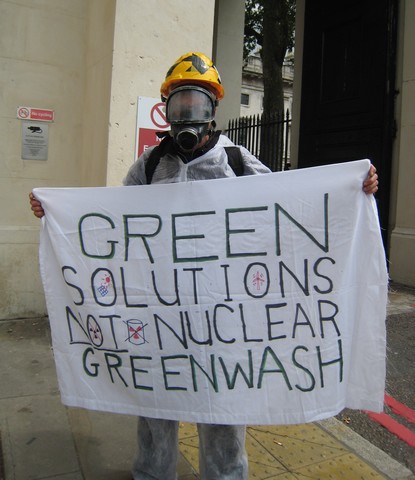 Tuesday, 18 May 2010 – CAMPAIGNERS from London and SE England Stop Nuclear Power [1] protested outside the Financing Nuclear Power and Nuclear Interim Storage conferences in central London today. They invited delegates to invest in a green future instead of nuclear energy and demanded an end to nuclear waste production.
Tuesday, 18 May 2010 – CAMPAIGNERS from London and SE England Stop Nuclear Power [1] protested outside the Financing Nuclear Power and Nuclear Interim Storage conferences in central London today. They invited delegates to invest in a green future instead of nuclear energy and demanded an end to nuclear waste production.
The first port of call for the three protesters, two of whom were dressed in white overalls, was the Financing Nuclear Power conference at the plush Crowne Plaza hotel near St James’s Park. They held up a banner that read “Green Solutions Not Nuclear Greenwash” and leafleted delegates and passing members of the public outside the main entrance to the hotel for over an hour and a half, closely watched by hotel security staff throughout.
Two of them then moved on to the Nuclear Interim Storage conference, which was taking place at Dexter House at Royal Mint Court, adjacent to Tower Bridge. Standing in the courtyard outside the entrance/exit to the building hosting the conference, they held up a larger banner that read “Green Our Future, No to Nuclear” and exchanged banter with delegates and other users of the building on their lunch break. Security guards were called and the protesters were told they were on private property and had to leave, but the protesters stood their ground. A Police Community Support Officer then appeared and also tried to get the protesters to leave, but they refused. Further back up was called, but the protesters left before it arrived, having been there for an hour.
The incoming Conservative-Liberal Democrat coalition government has said it will continue with the Labour government policy of allowing ten new nuclear power stations to be built in England and Wales. Ministers have said that no direct public subsidies will be offered for new nuclear build, although a carbon floor price is proposed. Nowhere in the world has a nuclear power station ever been built without public subsidy.
For five decades, the nuclear industry has failed to find a permanent solution for its radioactive waste, which remains dangerous for tens of thousands of years. [2] With current waste storage facilities at Sizewell B in Suffolk nearly full, plans are in place to build a new “temporary” store where waste from the reactor will be kept indefinitely in the absence of a permanent solution. This is before considering the waste from any new reactor(s), which would be more radioactive and remain too hot to transport for 160+ years.
Campaigner Daniel Viesnik, 35, from London, says: “Contrary to the nonsense that you hear from the nuclear spin doctors and their political mouthpieces, nuclear power is a dirty, dangerous and expensive technology that diverts essential investment from genuine green alternatives like energy efficiency and renewable and decentralised energy. It carries the risks of nuclear weapons proliferation, nuclear terrorism and a Chernobyl-type catastrophe [3,4]. Why waste money on nuclear white elephants and dump more nuclear waste on local communities when we could build a genuinely sustainable, nuclear-free, zero carbon future?”
All images may be reproduced free of charge for non-commercial use if credited to D. Viesnik. Please e-mail for high res versions.
Notes:
1. London and SE England Stop Nuclear Power is part of the Stop Nuclear Power Network, a UK-based non-hierarchical grassroots network of activists taking action against nuclear power and supporting sustainable alternatives.
http://stopnuclearpoweruk.net
network[at]stopnuclearpoweruk.net
2. Nuclear Decommissioning Authority’s Oxide Fuel Topic Strategy (2010) indicates that serious questions remain within the nuclear industry itself over whether any solution for permanent disposal of radioactive waste will ever be found.
http://www.nda.gov.uk/documents/upload/draft-oxide-fuel-topic-strategy-gate-0.pdf
3. EDF nuclear reactor carries ‘Chernobyl-size’ explosion risk – Guardian, 7 March 2010
http://www.guardian.co.uk/business/2010/mar/07/edf-nuclear-reactor-chernobyl-risk
4. Academics demand independent inquiry into new nuclear reactors – Guardian, 11 March 2010
http://www.guardian.co.uk/business/2010/mar/11/independent-inquiry-nuclear-power-stations
vd2012-imc [at] yahoo.co.uk
http://stopnuclearpoweruk.net

 May 18, 2010
May 18, 2010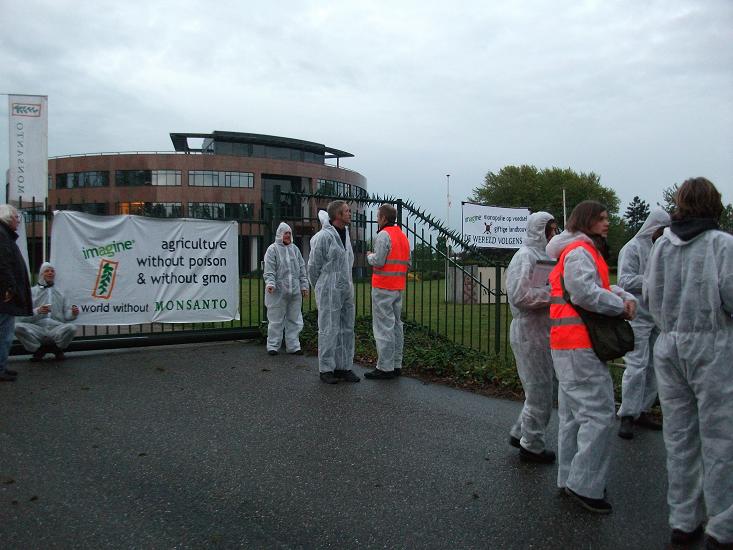
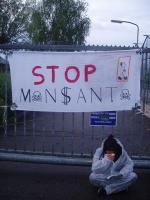
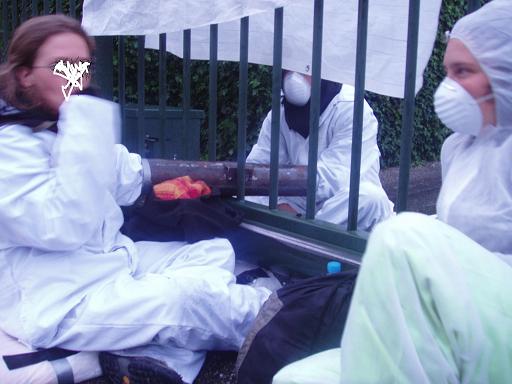
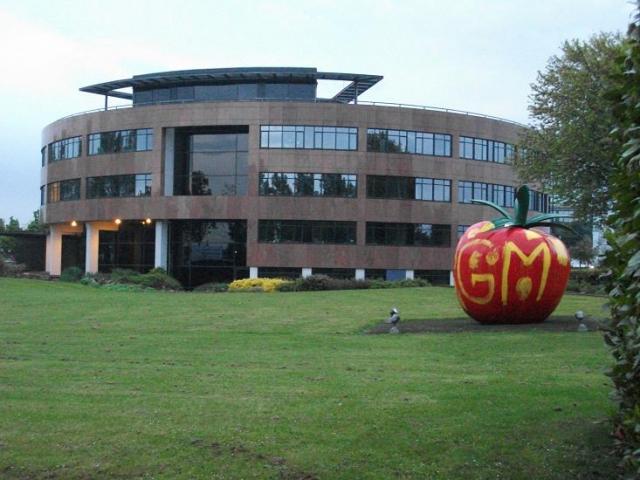 Update: no arrests made, Monsanto closed for whole day, workers sent home, and some of the corporate sculptures got a re-paint!
Update: no arrests made, Monsanto closed for whole day, workers sent home, and some of the corporate sculptures got a re-paint! 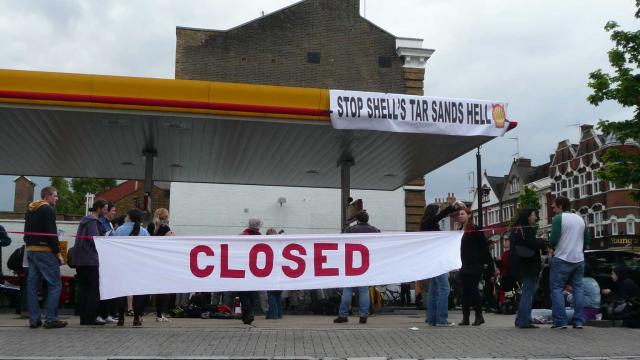
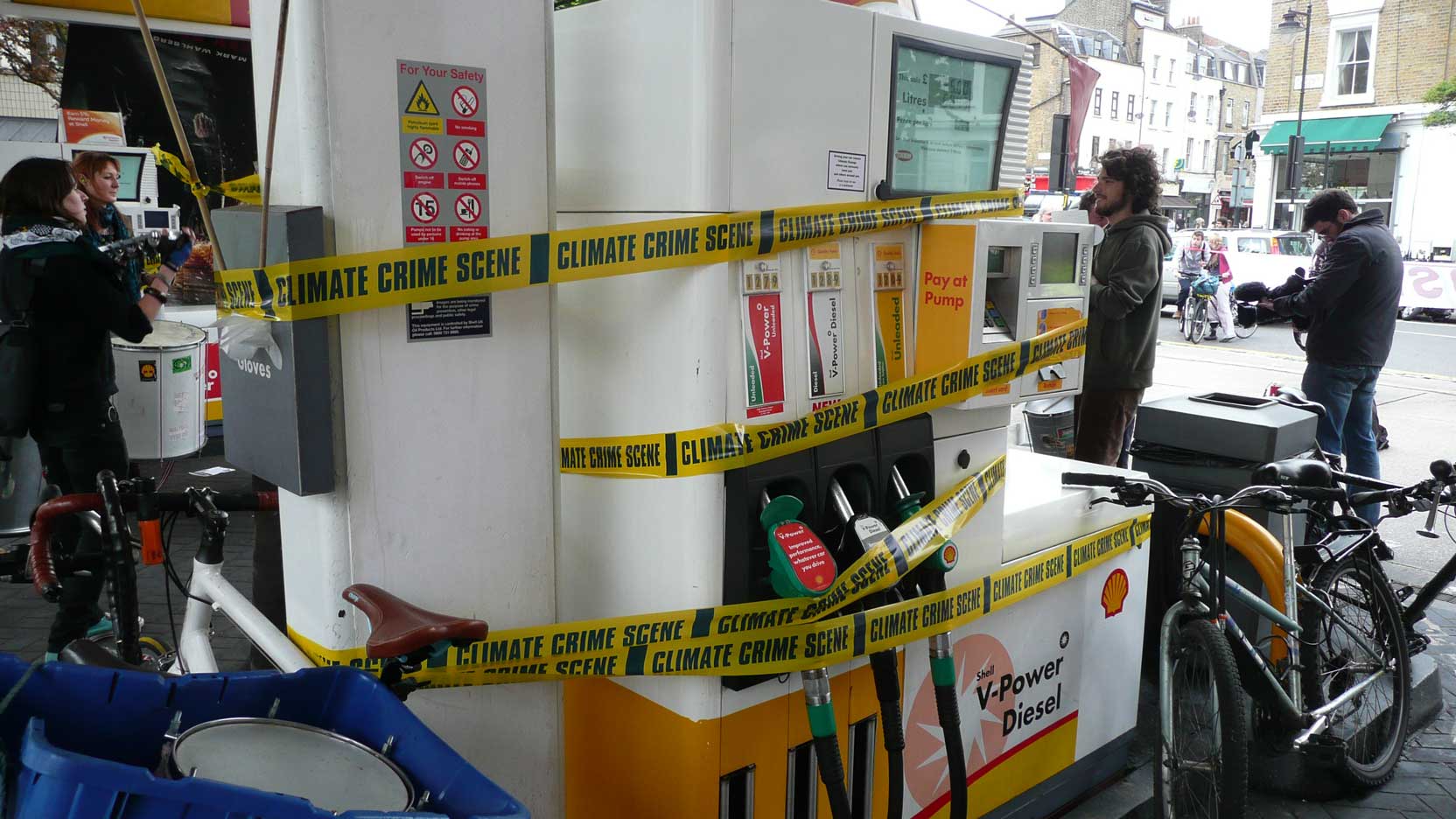 15 May 2010
15 May 2010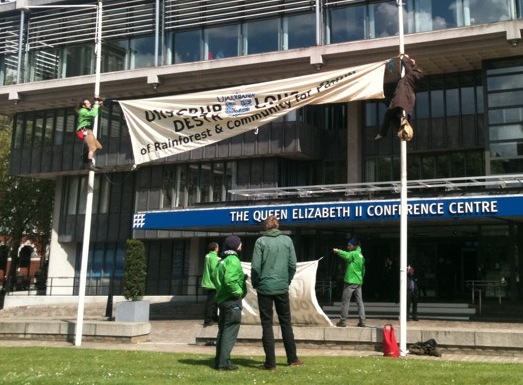 12 May 2010
12 May 2010